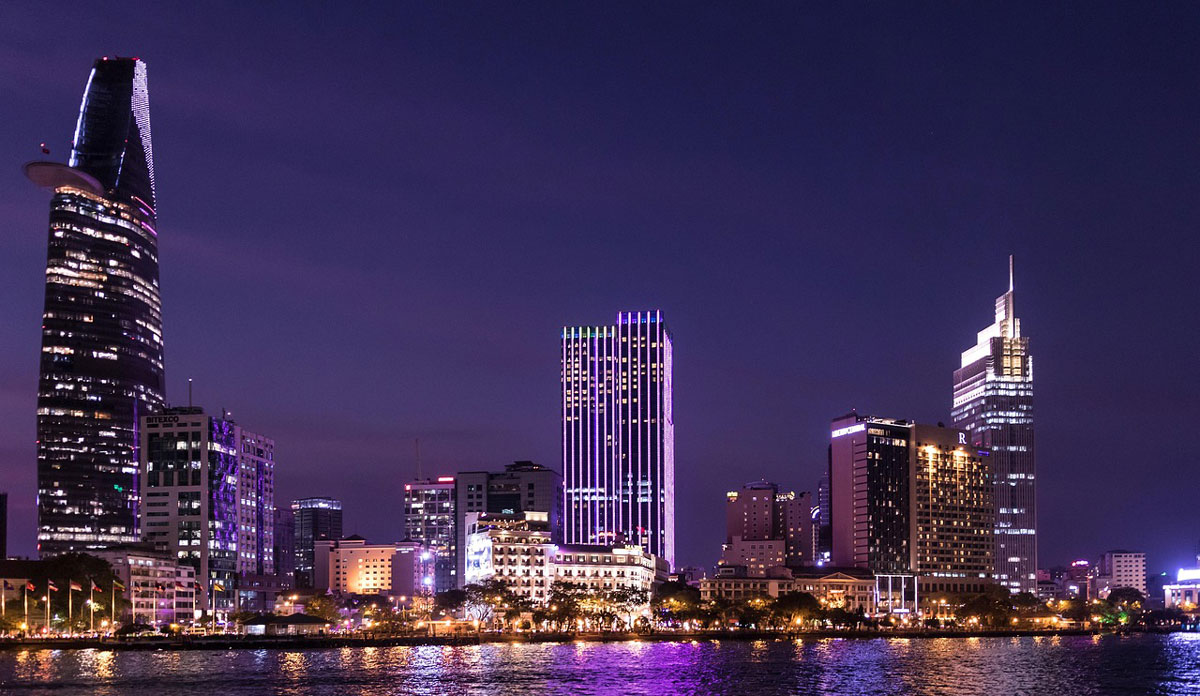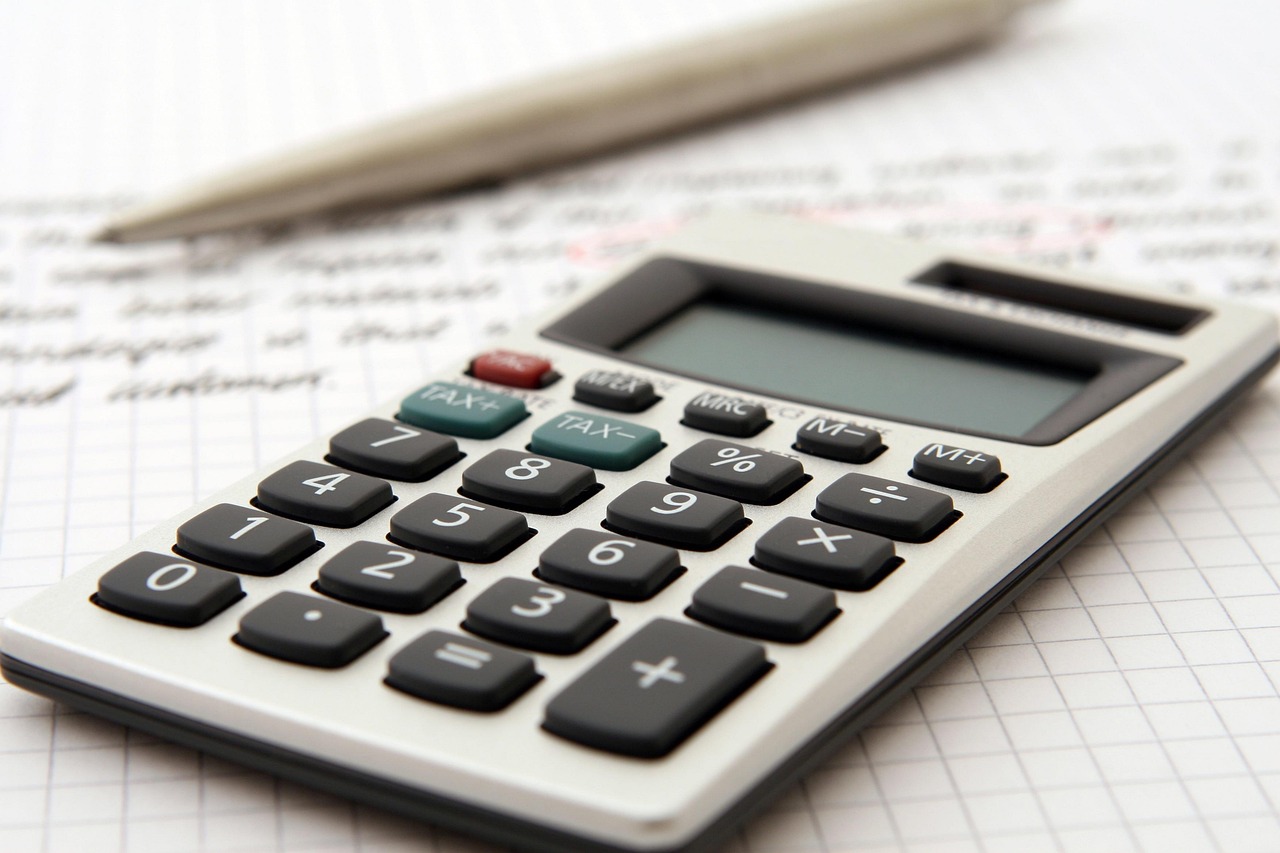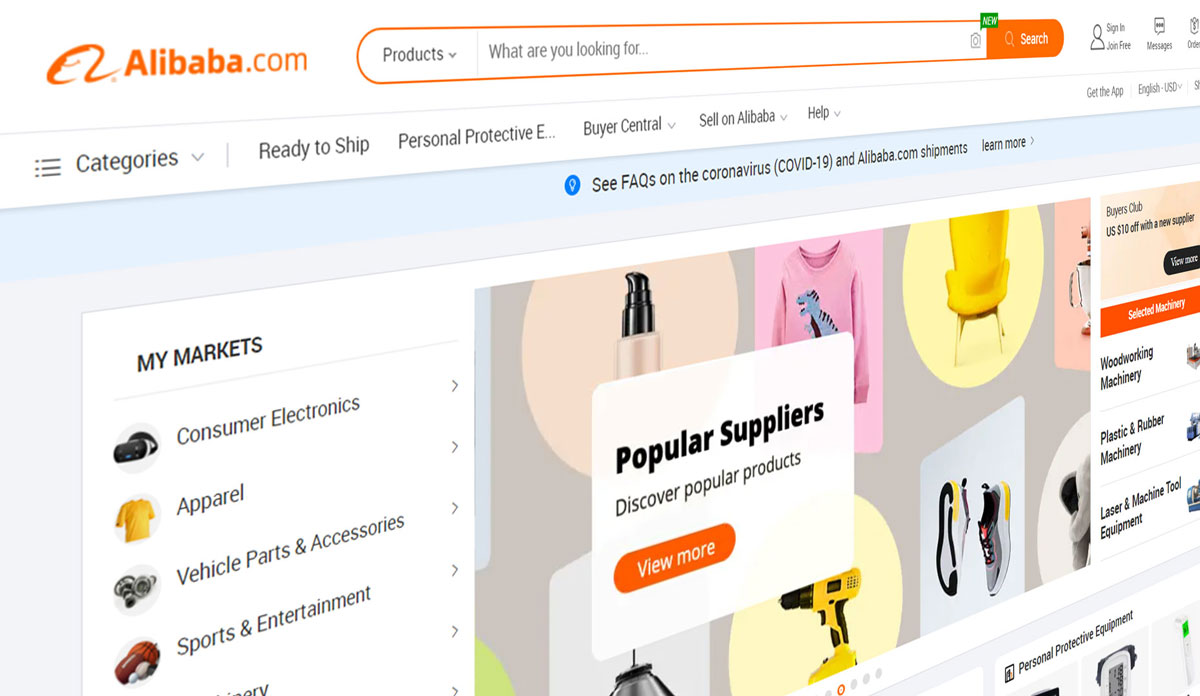
Importing from Vietnam to New Zealand: A Complete Guide for Beginners
Looking to diversify your supply chain beyond traditional markets? Vietnam has emerged as one of Southeast Asia's most dynamic manufacturing hubs, offering New Zealand businesses a compelling alternative to more established sourcing destinations. With its rapidly developing economy, competitive pricing, and growing expertise across multiple industries, Vietnam presents an excellent opportunity to source high-quality products without the hassle, the risk, or the hidden costs.
At Epic Sourcing, we've seen firsthand how our New Zealand clients have transformed their businesses by tapping into Vietnam's manufacturing prowess. Our teams on the ground in Vietnam provide local expertise tailored specifically for Kiwi businesses, ensuring you navigate the sourcing landscape like a pro – even if you're just getting started.
Let's dive into everything you need to know about importing from Vietnam to New Zealand, from understanding the market to clearing customs and getting your products safely to your doorstep.
Why Vietnam? A Rising Star in Global Manufacturing
Vietnam has transformed dramatically over the past decade, positioning itself as a manufacturing powerhouse with several key advantages for New Zealand importers:
Competitive Manufacturing Base
Vietnam's manufacturing sector has grown exponentially, developing expertise across diverse industries including:
- Textiles and apparel: High-quality clothing, footwear, and accessories
- Furniture and home décor: Beautifully crafted wooden furniture and homewares
- Electronics and technology: From components to finished products
- Agriculture and food products: Processed foods, coffee, spices, and more
As Epic Sourcing notes, "Vietnam's rapid industrialisation and manufacturing growth have turned the country into a viable alternative to China," offering both cost advantages and quality assurance that meet international standards.
Strategic Trade Position
Vietnam's strategic location in Southeast Asia provides excellent logistics connections to New Zealand. With major ports like Ho Chi Minh City and Hai Phong, Vietnam offers efficient shipping routes that can help streamline your supply chain.
Cost-Effective Production
Vietnam typically offers competitive labor costs compared to more developed manufacturing centers, allowing for cost-effective production without compromising on quality – a crucial consideration for businesses looking to maintain healthy margins.
Trade Agreement Benefits
New Zealand and Vietnam enjoy a privileged trading relationship thanks to the Comprehensive and Progressive Agreement for Trans-Pacific Partnership (CPTPP), creating significant advantages for importers (more on this shortly!).
The CPTPP Advantage: Trade Benefits Between NZ and Vietnam
The CPTPP trade agreement has created a game-changing environment for New Zealand businesses looking to import from Vietnam. Here's how it benefits you:
Eliminated Tariffs
Under CPTPP, Vietnam and New Zealand have committed to eliminating tariffs across most product categories. According to the New Zealand Ministry of Foreign Affairs and Trade, these reductions include:
- Paper and paperboard products: up to 27% duties eliminated
- Fish and seafood: up to 18% duties eliminated
- Processed meats: up to 34% duties eliminated
- Steel products: up to 15% duties eliminated
- Alcoholic beverages: up to 59% tariffs removed
These reductions translate to more competitive pricing and better margins for your business.
Streamlined Trade Procedures
The CPTPP establishes more predictable and transparent trade regulations, simplifying customs procedures and reducing bureaucratic hurdles. This means fewer unexpected delays and smoother importation processes.
Enhanced Market Access
The agreement has opened new channels for business between New Zealand and Vietnam, creating a more reliable environment for long-term supply arrangements and partnerships.
Step-by-Step Guide to Importing from Vietnam to New Zealand
Now let's break down the import process into manageable steps. This roadmap will guide you from initial product identification to successful customs clearance:
1. Market Research and Product Identification
Before diving into importing, it's crucial to:
- Identify products with market potential in New Zealand
- Research competition and pricing structures
- Understand regulatory requirements for your specific products
- Evaluate profit margins after accounting for all costs
2. Finding Reliable Vietnamese Suppliers
Finding the right supplier is perhaps the most critical decision in your sourcing journey. You have several approaches:
Attend Trade Shows (in-person or virtual) Industry-specific exhibitions connect you directly with vetted manufacturers. While travel restrictions may limit in-person attendance, many trade shows now offer virtual options.
Utilize Online Platforms B2B platforms like Alibaba and GlobalSources feature Vietnamese suppliers across various industries. However, thorough verification is essential.
Work with a Sourcing Agent A reputable sourcing agent (like Epic Sourcing) with on-the-ground teams in Vietnam can dramatically simplify the process, helping you navigate language barriers, cultural differences, and verification challenges.
Factory Visits Nothing beats seeing operations firsthand. Our Vietnam-based team regularly conducts factory visits to verify capabilities, quality standards, and ethical practices – ensuring you partner with manufacturers who meet your standards.
3. Negotiating Terms and Ensuring Quality
Once you've identified potential suppliers:
- Negotiate pricing, payment terms, MOQs (Minimum Order Quantities), and delivery timelines
- Request samples to evaluate product quality
- Implement quality control processes including factory audits and product inspections
- Establish clear communication channels and expectations
4. Understanding Documentation Requirements
Proper documentation is essential for smooth importing. Key documents include:
- Commercial Invoice: Details product descriptions, quantities, and values
- Packing List: Itemizes package contents, dimensions, and weights
- Bill of Lading: The transport document for sea freight
- Certificate of Origin: Proves products were manufactured in Vietnam (crucial for CPTPP benefits)
- Import Entry or Electronic Cargo Information (ECI): Required by New Zealand Customs
5. Arranging Transportation and Logistics
You'll need to decide on:
- Shipping method: Sea freight is most common for bulk orders, while air freight works for urgent or high-value items
- Incoterms: These international commercial terms define transportation responsibilities and risk transfer between buyer and seller (FOB, CIF, etc.)
- Insurance: Protect your shipment against damage, loss, or theft
6. Navigating NZ Customs and Border Clearance
All imports must be cleared through New Zealand Customs, which involves:
- Submitting import documentation: Either electronically via a customs broker or directly through the Trade Single Window (TSW)
- Paying applicable duties and taxes: GST (15%) and any remaining duties under CPTPP
- Addressing biosecurity requirements: Particularly important for organic materials
- Using customs-approved transportation: Ensuring your goods move through approved channels
New Zealand Customs Procedures: What You Need to Know
Understanding New Zealand's customs procedures is essential for successful importing. Here's what you should be aware of:
Electronic Import Entries
According to New Zealand Customs Service, all imports requiring customs clearance must have an Import Entry submitted within 20 days of arrival. These entries must be lodged electronically through:
- A Customs broker
- A freight forwarder
- The Trade Single Window (TSW) system
- Electronic Data Interchange (EDI) software
Customs-Approved Transport Arrangements
While not specifically called "CAT" for commercial imports, New Zealand maintains strict controls on how goods enter the country. Your goods must:
- Enter through official ports of entry
- Be transported by approved carriers
- Move through designated channels
- Be delivered to approved transitional facilities if they pose potential biosecurity risks
This ensures proper oversight and compliance with New Zealand's biosecurity and customs regulations, which are among the strictest in the world.
Duties, Taxes, and Charges
For commercial imports:
- Goods and Services Tax (GST) of 15% applies to most imports
- Customs duties vary by product category, though many have been eliminated under CPTPP
- Import transaction fee and biosecurity levy may apply
Restricted and Prohibited Items
New Zealand strictly controls or prohibits certain items. Before importing, check the Prohibited and Restricted Imports list to ensure your products can legally enter New Zealand.
Common Challenges When Importing from Vietnam (And How to Overcome Them)
Even with careful planning, importers may face challenges. Here are common obstacles and solutions:
Language and Communication Barriers
Challenge: Misunderstandings due to language differences can lead to product specification errors or timeline confusion.
Solution: Work with bilingual agents or use translation services. At Epic Sourcing, our bilingual project coordinators ensure nothing gets lost in translation, maintaining clear communication between you and Vietnamese manufacturers.
Quality Control Issues
Challenge: Inconsistency in product quality can damage your brand reputation.
Solution: Implement robust quality control processes including:
- Detailed product specifications
- Regular factory audits
- Pre-shipment inspections
- Sample approvals
Logistics Complexities
Challenge: Delays, damage, or documentation issues can disrupt your supply chain.
Solution: Partner with experienced freight forwarders familiar with Vietnam-New Zealand routes and use tracking systems to monitor shipments. Consider consolidation services for smaller orders.
Regulatory Compliance
Challenge: Navigating different regulatory environments can be confusing for beginners.
Solution: Stay informed about both Vietnamese export requirements and New Zealand import regulations. Partnering with experts who understand both sides can prevent costly mistakes.
Cultural Differences in Business Practices
Challenge: Different negotiation styles and business cultures can create friction.
Solution: Approach relationships with cultural sensitivity and patience. In Vietnam, business relationships often develop over time and require trust-building.
How Epic Sourcing Can Help: Your Vietnam Sourcing Partner
Importing from Vietnam doesn't have to be overwhelming. At Epic Sourcing, we simplify the process with our comprehensive support:
Local Expertise in Vietnam – Tailored for NZ Businesses
Our Vietnam-based team brings local knowledge and on-the-ground expertise directly to Kiwi businesses. We've built relationships with reliable manufacturers across various industries, giving you access to pre-vetted suppliers who meet our quality and ethical standards.
End-to-End Sourcing Solutions
From product identification to customs clearance, we handle the entire sourcing journey:
- Supplier identification and verification: We do the legwork to find trustworthy manufacturers
- Negotiation support: Our team negotiates favorable terms on your behalf
- Quality control: We implement rigorous inspection protocols
- Documentation management: We ensure all paperwork is complete and accurate
- Logistics coordination: We arrange efficient transportation and handle customs requirements
Transparent Pricing – No Hidden Costs
We believe in complete transparency throughout the sourcing process. Our pricing structure is straightforward, with no hidden fees or unexpected charges.
Focus on Building Your Brand
By managing the sourcing complexity, we free you to focus on what matters most – building your brand and growing your business. Our customization services help you develop unique products that stand out in the market.
Conclusion: Your Vietnam Sourcing Journey Starts Here
Vietnam offers New Zealand businesses exciting opportunities to diversify their supply chains, access quality products at competitive prices, and leverage favorable trade conditions under CPTPP.
While the import process may seem complex – from finding reliable suppliers to navigating customs procedures – you don't have to tackle it alone. With the right partner, importing from Vietnam can be a smooth, rewarding journey that helps your business grow and thrive.
Ready to explore sourcing opportunities in Vietnam? Contact Epic Sourcing today for a free strategy call. Our team of sourcing specialists will help you navigate the journey from initial concept to having quality products in hand – without the hassle, the risk, or the hidden costs.
Related Articles
Let’s Make It Epic
We're here to make sourcing simple – and a whole lot less stressful.

.svg)

.svg)





